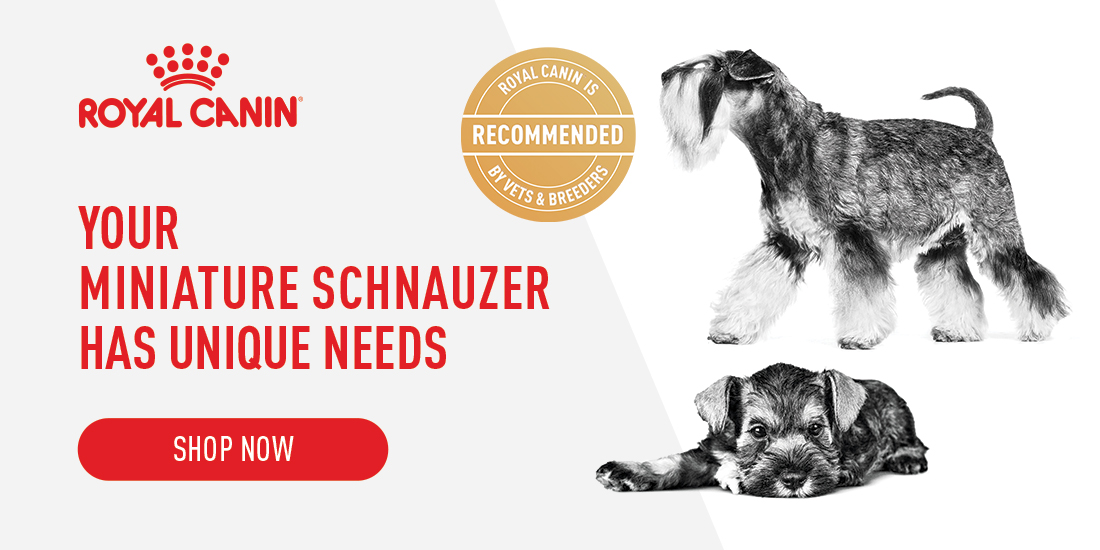Dog Breed
Miniature Schnauzer
Friendliness
Exercise Needs
Health Issues
Barking Tendencies
Grooming Needs
Shedding Level
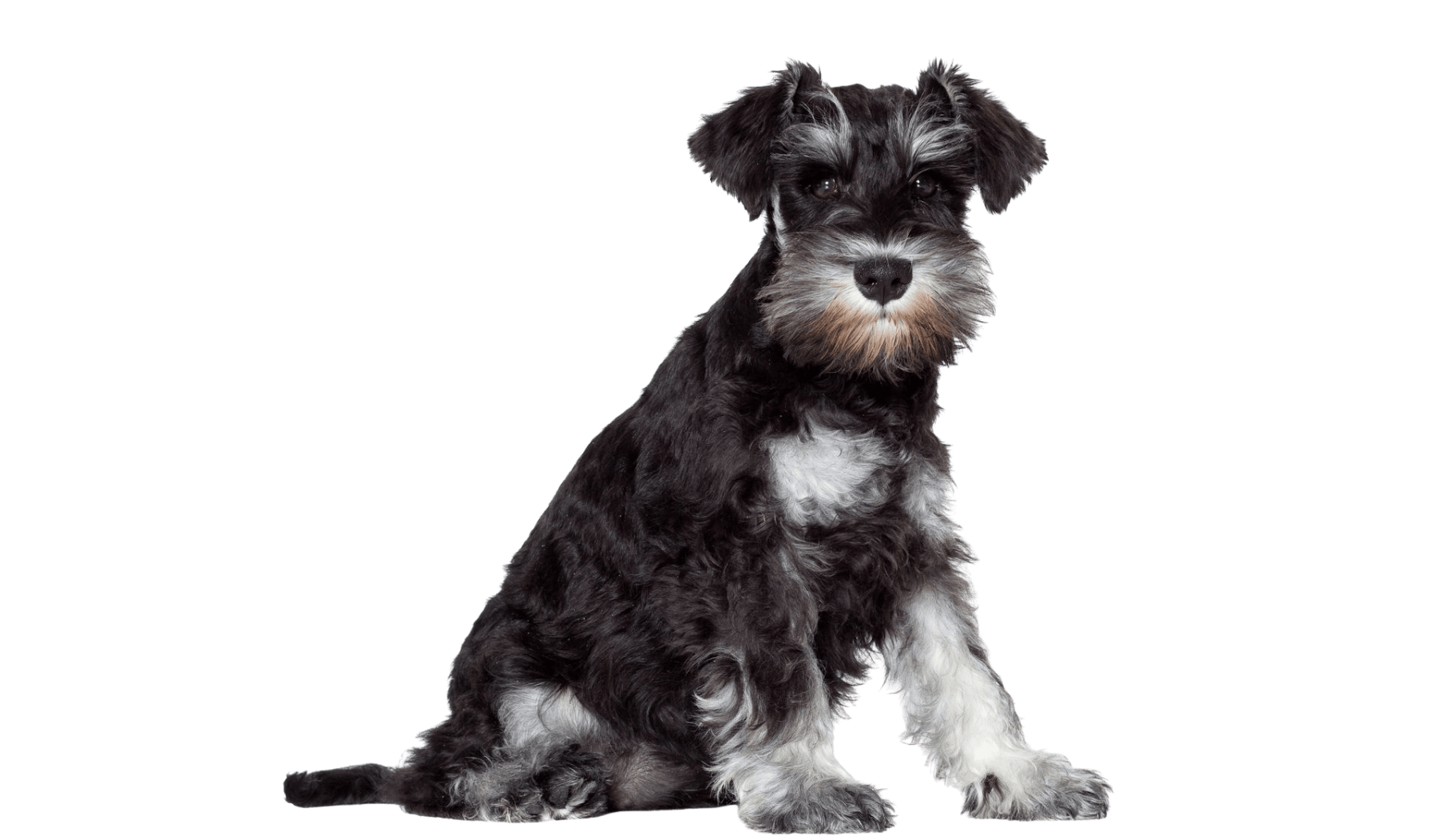

Mini size, big personality
If you’re looking for a breed with personality twice as big as their bodies, the Miniature Schnauzer dog breed has it all in one small package: playfulness, curious expressions, intelligence and energy in abundance.
Anyone familiar with the good-natured Miniature Schnauzer temperament would be surprised to hear they were originally bred in Germany as guard dogs! Their name is derived from the German word ‘schnauze’ which translates to snout. Plus they’re a miniature version of their cousins, the Standard Schnauzer.
Caring for your Miniature Schnauzer
Nutrition
Choosing the right food
Every dog is unique. From the small, flat-faced Pug to the obesity-prone Labrador Retriever. ROYAL CANIN® Breed Health Nutrition is tailor-made to address the unique needs of pure breed dogs. These breed specific formulas benefit from the latest ROYAL CANIN® research on the selection of the best protein sources, unique nutrients and tailor-made kibbles.
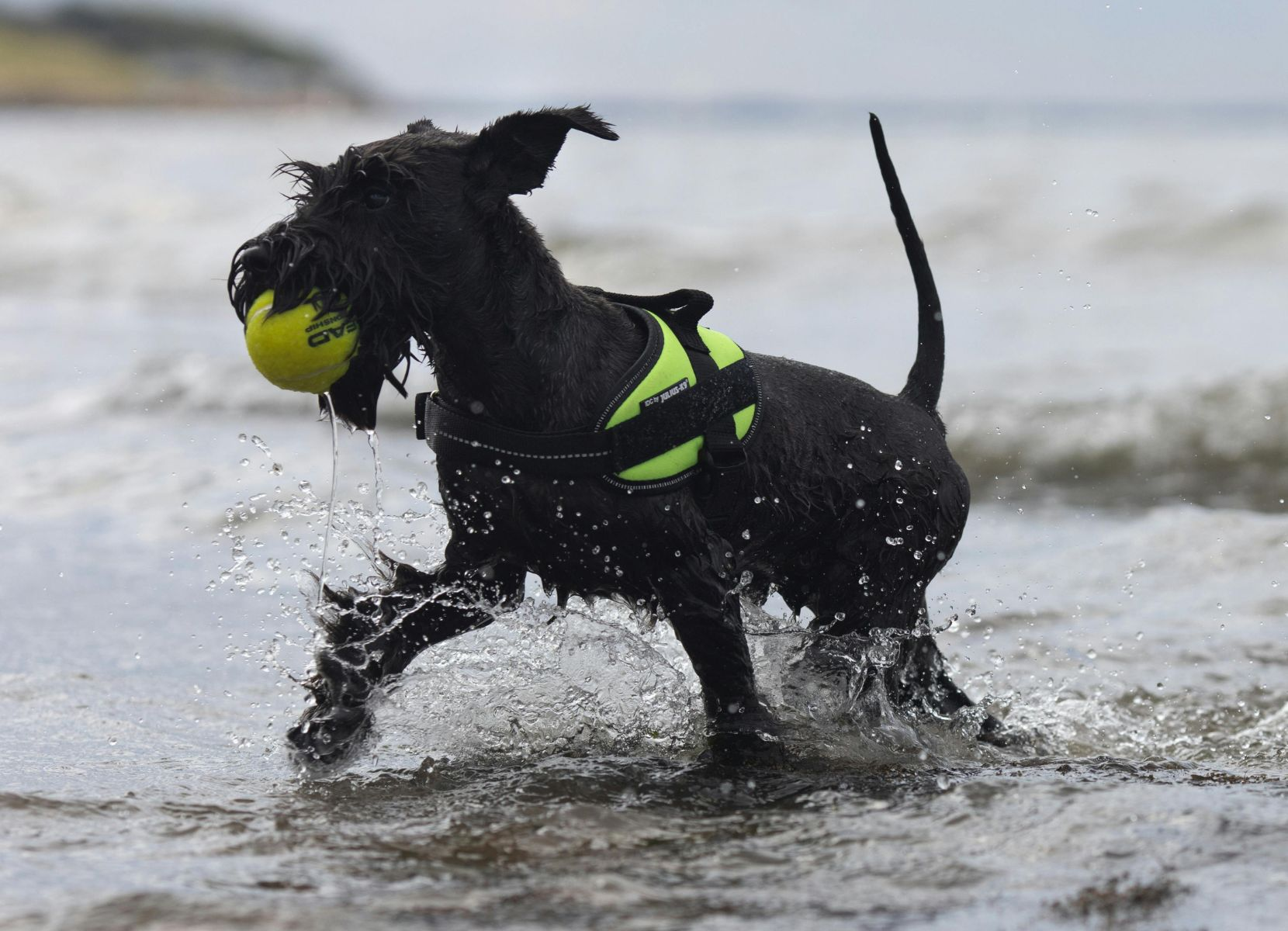
Exercising your dog
The Miniature Schnauzer's energy level is moderately high. Exercise daily to avoid destructive behaviour and barking.
Daily walks for about 45 minutes should suffice. Invest in a good quality harness and lead such as these from the EzyDog range. Miniature Schnauzers have a strong prey drive, so they should never be allowed off leash when not in a fenced area.
Their greatest joy is to be with their family and doing activities together. Invest in fun toys that you can enjoy together such as fetch and tug type toys.
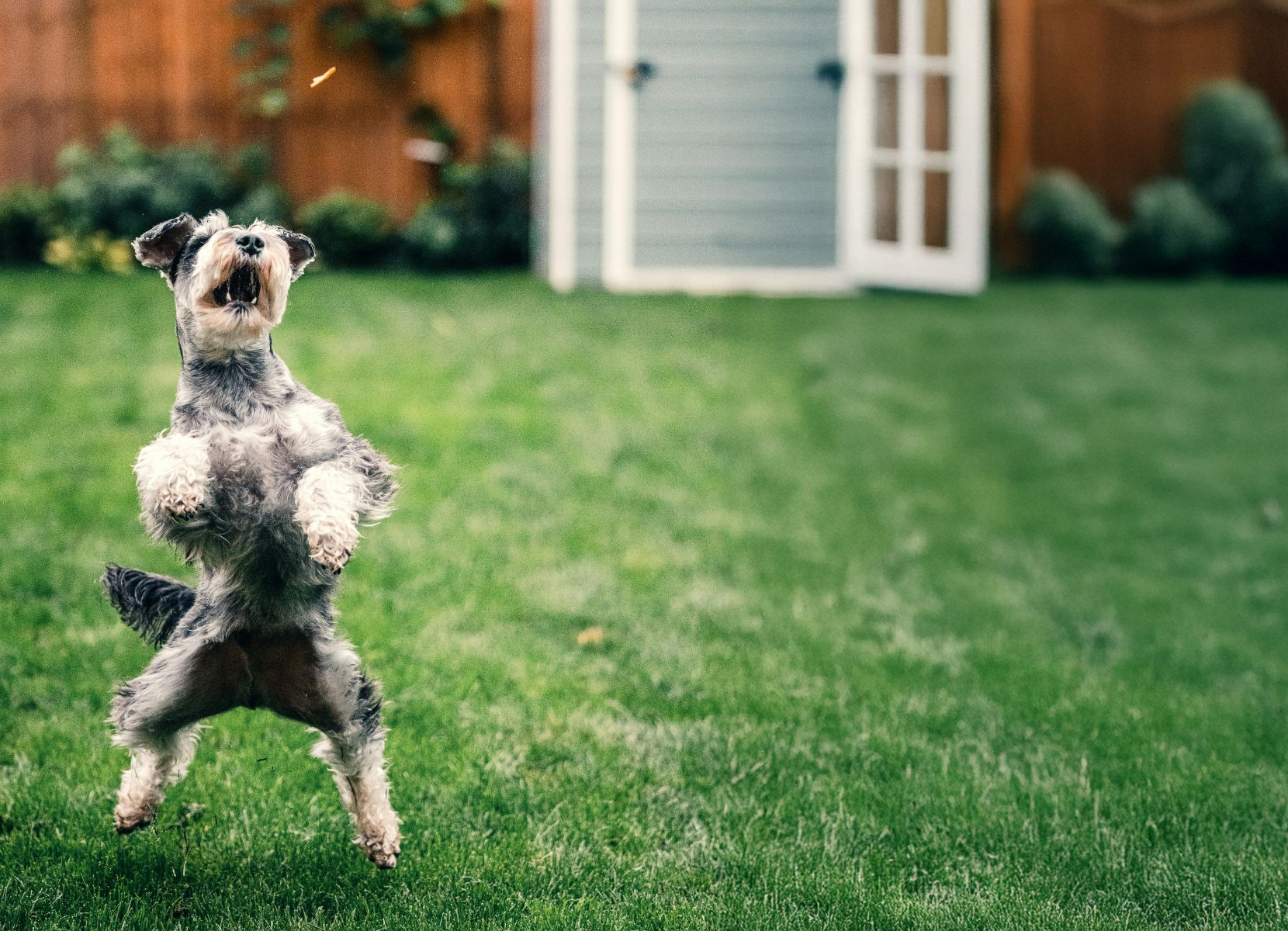
Training your Miniature Schnauzer
Miniature Schnauzers are highly intelligent dogs that are generally easy to train, and their need for activity and mental stimulation will make them eager to use their minds. Ensure you have plenty of patience at the start, and remain consistent with firm, consistent commands.
Make sure you vary the activity as well because this breed can easily get bored with too much repetition. Have some healthy treats on hand to reward your pup. They have short attention spans so short training sessions are best.
Boundaries will need to be set to help curb some of these behaviours. Extensive canine socialisation and responsive training can help them minimise their bad habits.
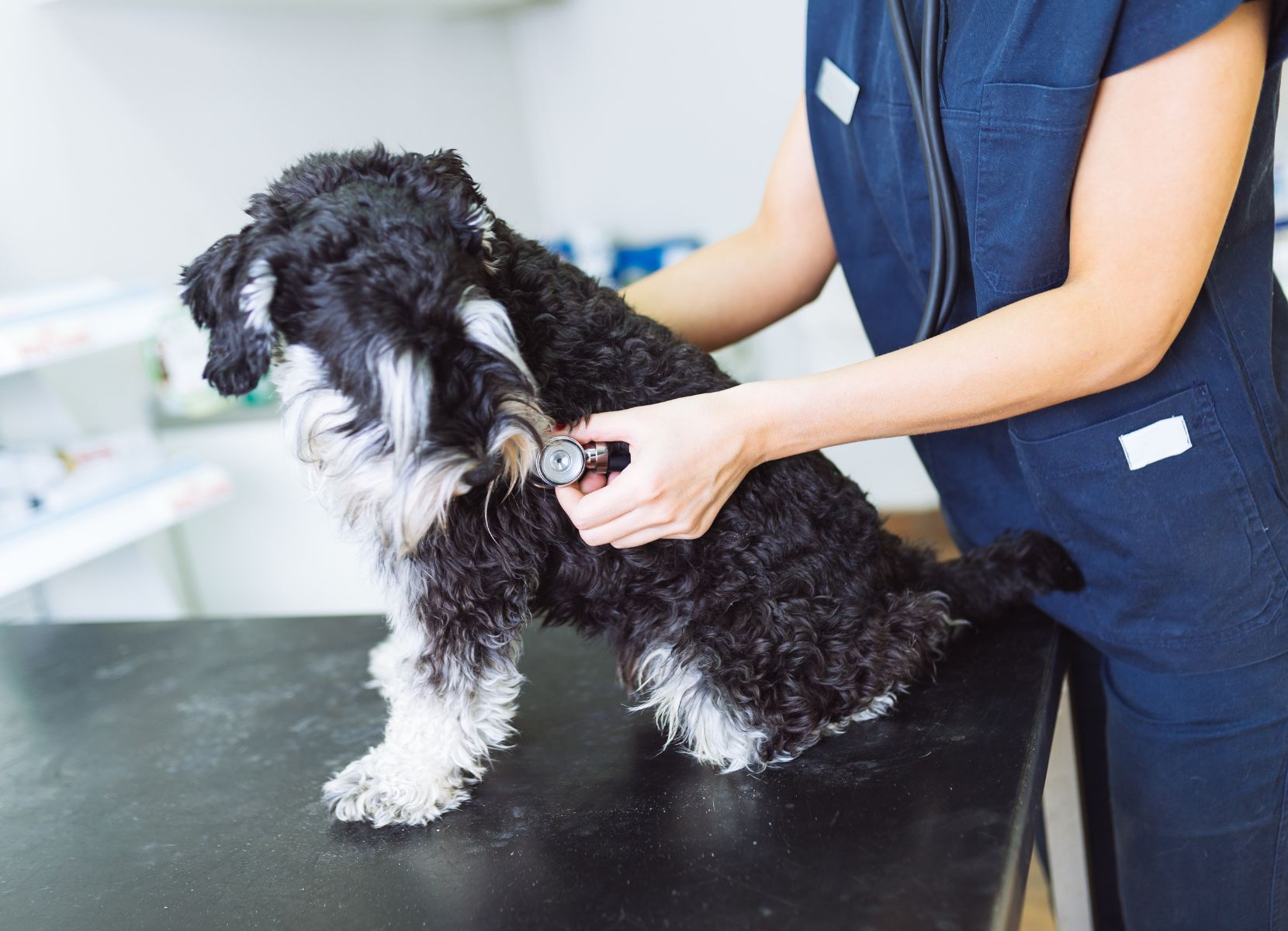
Your dog's health
Miniature Schnauzers are generally healthy, but like all breeds, they're prone to certain health conditions.
Not all Miniature Schnauzers will get any or all of these diseases, but it's important to be aware of them if you're considering this breed.
Health Issues to watch out for:
Cataracts
Entropian
Progressive Retinal Atrophy (PRA)
Urinary Stones
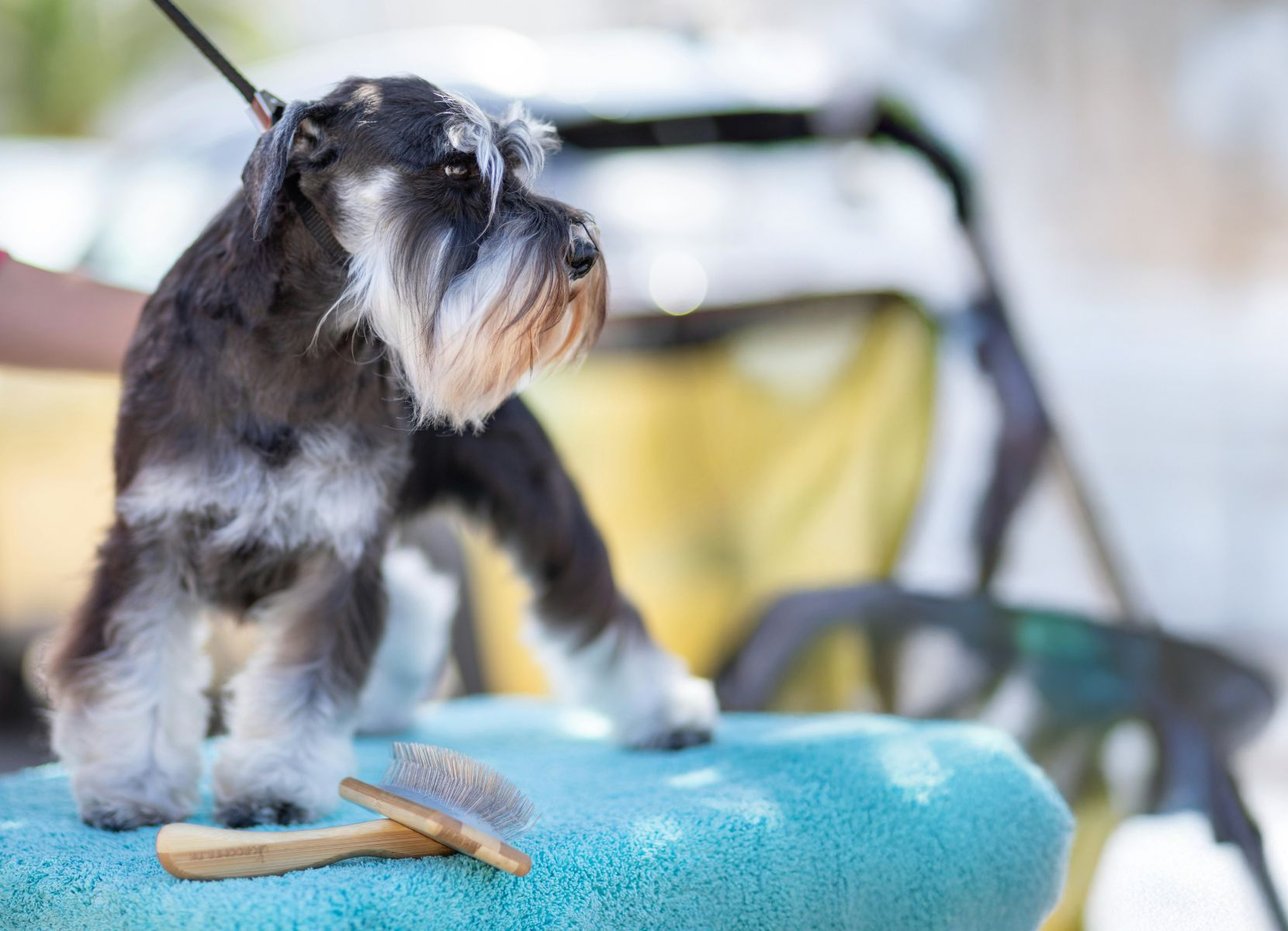
Grooming your dog
Miniature Schnauzers should be groomed every five to eight weeks. Most people take their Miniature Schnauzers to professional groomers because there are some tricks to getting that beautiful Schnauzer look.
Brush your Schnauzers coat two or three times a week to avoid matting. Be sure to check their armpits, since this is a place where mats often form.
Bath every 4-6 weeks unless they find something unpleasant to roll in. Wash their beard after they eat and trim nails regularly.
Brush their teeth at least two or three times a week. Daily brushing is even better.
Key characteristics of Miniature Schnauzer
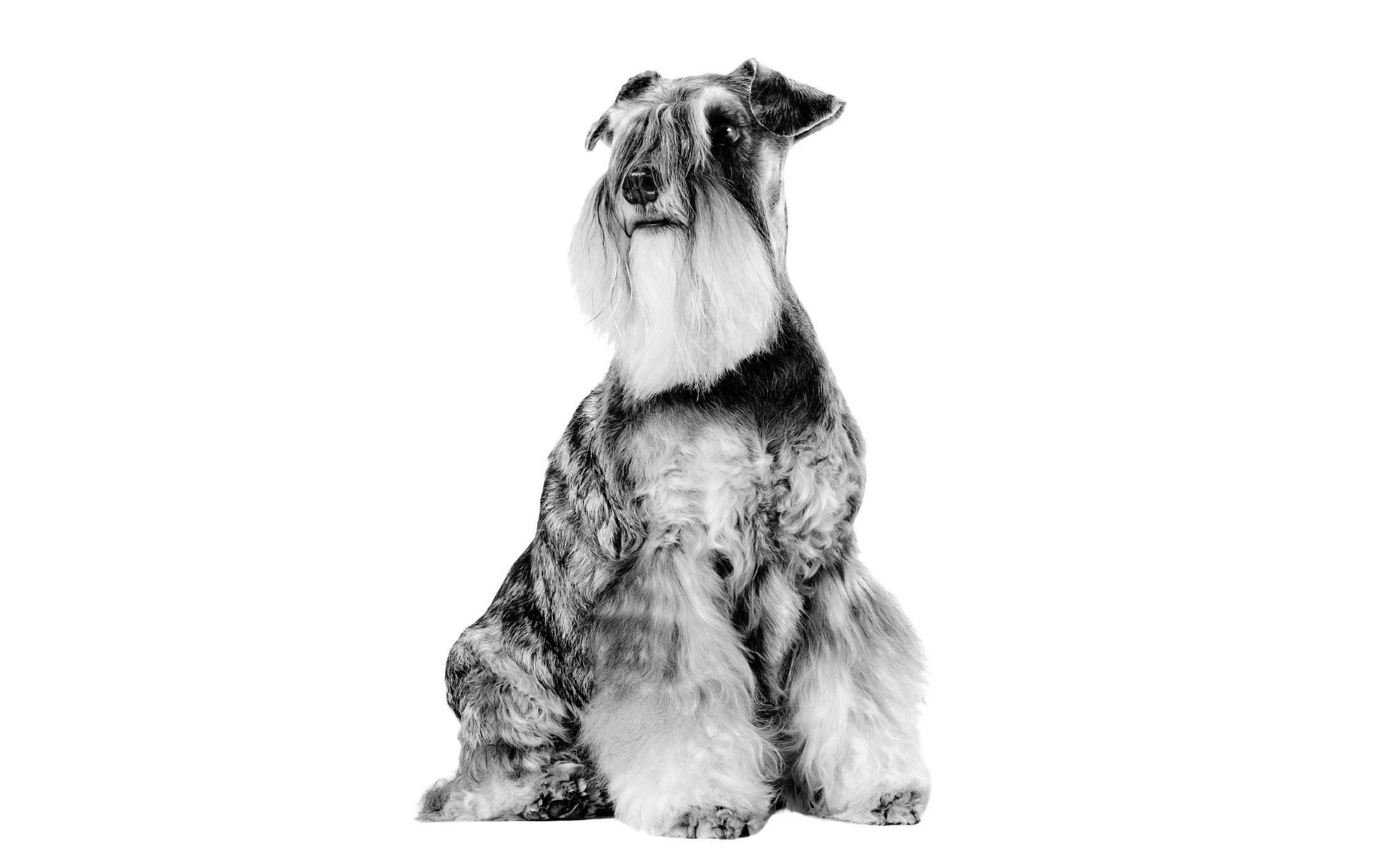
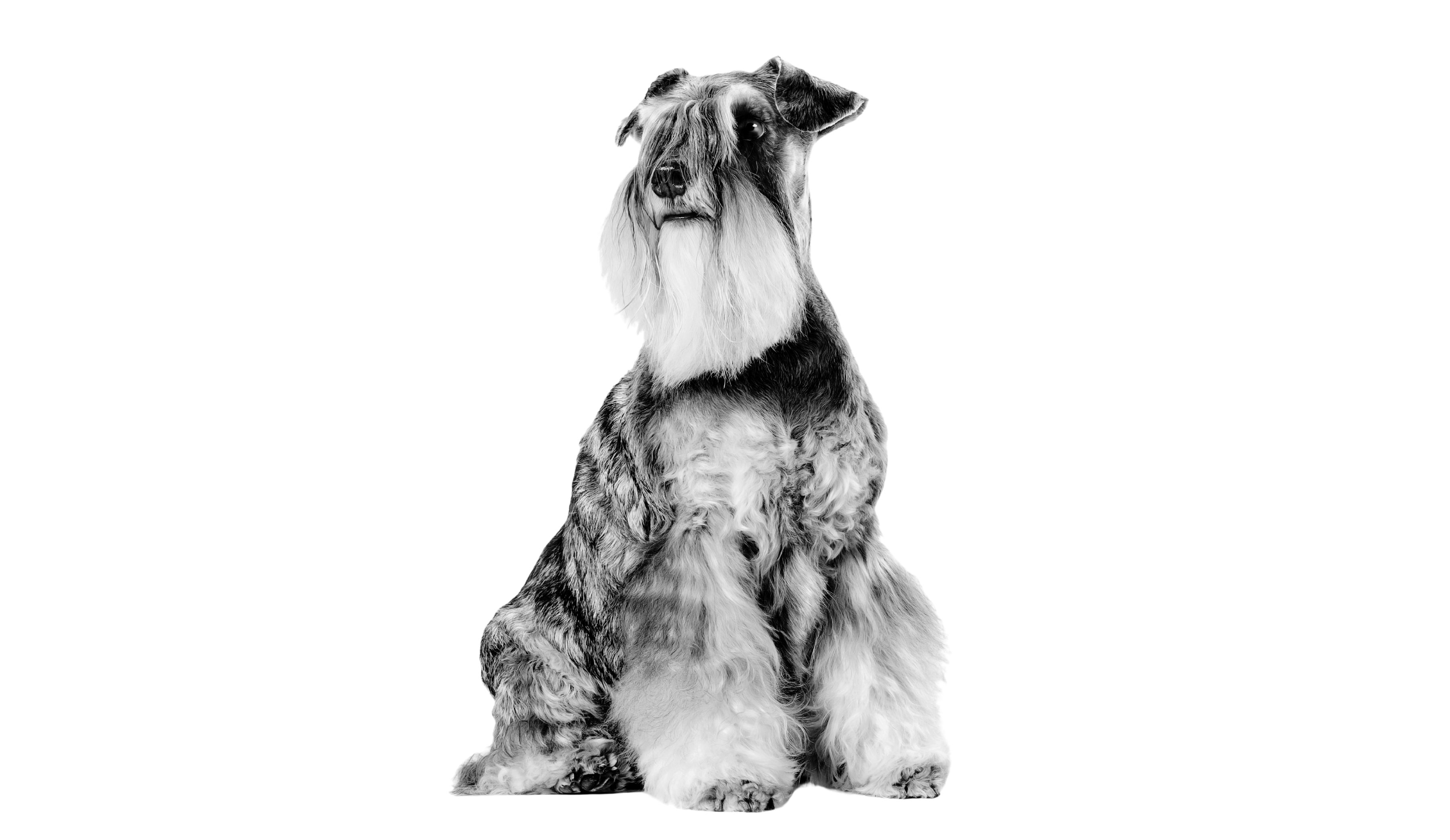
Miniature Schnauzer FAQs
If you're after more details about Miniature Schnauzers, you're in the right place. Below are answers to some of the most commonly asked questions about this clever and spirited breed, including their grooming needs, barking habits, and ideal lifestyle.
Do Miniature Schnauzers bark a lot?
Yes, Miniature Schnauzers are naturally vocal and will often bark to alert you of anything unusual. With training, you can manage excessive barking while still appreciating their watchdog instincts.
How often should I trim a Miniature Schnauzer’s beard?
Their iconic beard needs frequent attention. Wipe their beard after meals and aim for a trim every 4–6 weeks to keep it tidy and hygienic. Regular grooming appointments are recommended.
Can Miniature Schnauzers adapt to apartment living?
Absolutely. Their compact size makes them suitable for apartment life, as long as they get daily walks and mental stimulation. Schnauzers are highly adaptable but need interaction and play to stay happy.
Are Miniature Schnauzers prone to dental problems?
Yes. They can be susceptible to tartar buildup and gum disease. Daily brushing and annual dental check-ups are important to keep their teeth and gums healthy throughout their life.
How much mental stimulation does a Miniature Schnauzer need?
Miniature Schnauzers are bright and inquisitive. Puzzle toys, training games, and varied walks help keep their minds sharp. Without stimulation, they may get bored and develop unwanted behaviours.
This FAQ gives you a closer look at life with a Miniature Schnauzer. Whether you're already smitten or just starting your research, their bold personality and loyal heart are sure to make a lasting impression.
